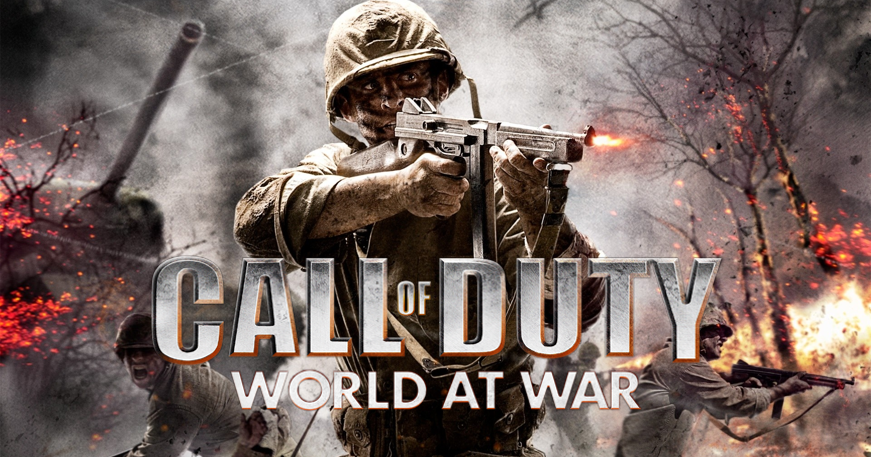

When Columbus landed in the Caribbean in 1492, he demanded gold from the Taíno people, while his men murdered and raped their way across the islands. Science fiction as a genre coalesced during the age of colonialism, as European nations invaded and conquered foreign territories and peoples.

We’ve run aground on an apocalypse that we’re living in. Today, through “Black Mirror” and “Westworld,” it seems that we have trouble seeing any future ahead of us-the imagined future looks very much like the present. As the pioneering sci-fi writer William Gibson once said, “The end of the world is universal shorthand for whatever we don’t want to happen.” There are a million ways to die, and every era in history has had its own anxieties shaped by moments of the time, but why? What is the relationship between those apocalyptic anxieties and the politics and cultures of their times? In times of colonialism, people cried out against foreign enslavement through “The War of the Worlds.” In “The Terminator,” during the Cold War, we feared nuclear holocaust. The meteor hits, the epidemic spreads out of control the monsters eat everyone flood, fire, famine, or tentacles descend. We are fascinated with the end of the world, and have long used science fiction to reflect our cultural fears. Noah Berlatsky explores the parallels between cultural fear and the work of science fiction


 0 kommentar(er)
0 kommentar(er)
